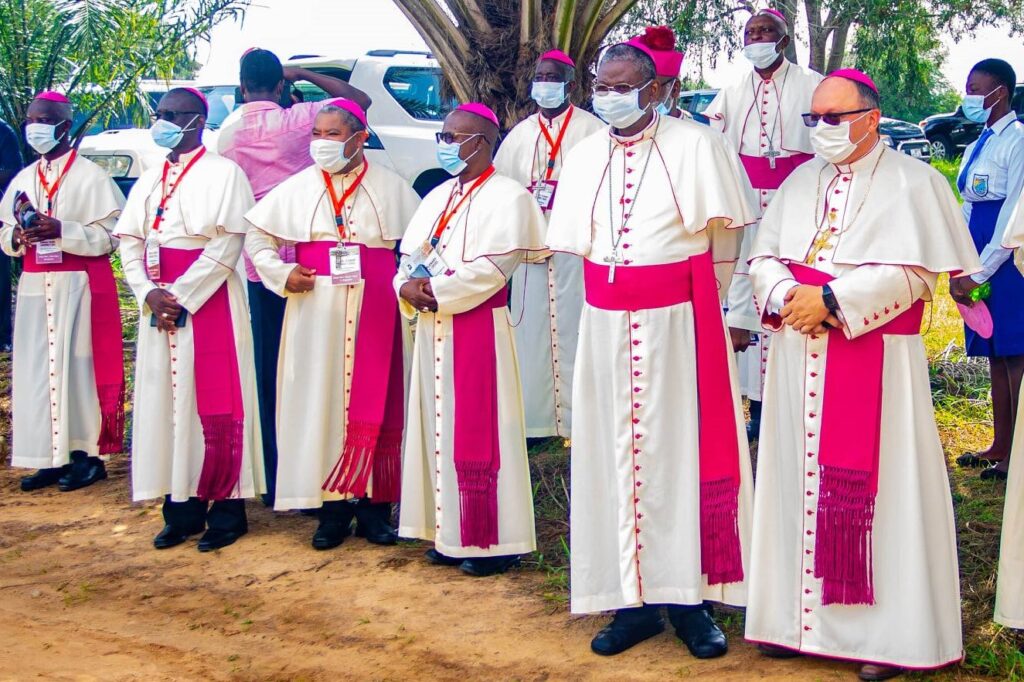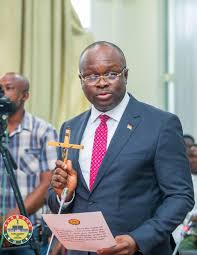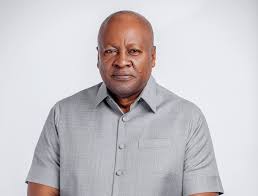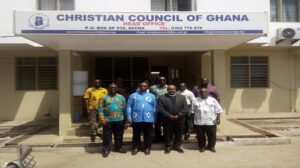Long-Running Violent Conflict in Ghana’s Bawku Region Has Reduced the Town to ‘A Pale Shadow of Itself,’ Say Catholic Bishops

The ongoing violence in Ghana’s Bawku region has triggered widespread displacement, loss of lives, and disrupted livelihoods for those who remain, a situation that the country’s Catholic Bishops have condemned. In a joint statement following their five-day annual Plenary Assembly, which ended on November 15, members of the Ghana Catholic Bishops’ Conference (GCBC) voiced their concern over the severe impact of the protracted conflict in Bawku. The Bishops lamented how the violence has left the town’s roads deserted, with key professionals, such as teachers, health workers, and businesspeople, unable to perform their duties due to the unstable security situation.
According to the GCBC, Bawku has become a “pale shadow of itself” due to the ongoing fighting, which has led to the exodus of critical workers and a sharp decline in essential services. The Bishops expressed their deep worry that this situation could evolve into a full-fledged humanitarian crisis. They pointed out that the conflict is severely hindering access to vital services like education, healthcare, and basic social support. With the population increasingly unable to access these essential services, the Bishops warned that Bawku is at risk of facing a dire humanitarian emergency.
The violence, which has been ongoing for years, is primarily the result of long-standing tensions between the Mamprusi and Kusasi communities, with both groups claiming ownership over the same land. This territorial dispute has been at the heart of the conflict for many years, fueling hostilities and violence between the two groups. A 2014 study by Project MUSE explained that this longstanding issue, combined with the recent influx of refugees from neighboring Burkina Faso, has exacerbated the situation. The arrival of refugees fleeing violence in Burkina Faso has placed even more pressure on the already impoverished communities in Bawku, making it more difficult for local residents to access resources and live in safety.
In their statement, the GCBC members called for immediate attention from the government, humanitarian agencies, and other relevant stakeholders to address the urgent situation in Bawku. They emphasized the need for a comprehensive and coordinated effort to ease the suffering of the people in the region, restore access to essential services, and prevent further escalation of the conflict. The Bishops also underscored the critical importance of peace-building efforts in the region, stressing that only through dialogue, understanding, and reconciliation could the cycle of violence be broken.
The Catholic leaders also took a firm stance on the political dimensions of the conflict, condemning the interference of political actors in the situation. They argued that political meddling has significantly complicated the process of resolving the conflict, with parties using the crisis for political gain. The Bishops called for the depoliticization of the Bawku issue, urging all political figures to stop exploiting the situation for their own advantage and instead focus on finding a peaceful solution. They stated that lasting peace could only be achieved when all factions involved in the conflict committed to peace-building initiatives that prioritize the welfare of the people over political agendas.
The GCBC stressed that peace in Bawku would not come through military action alone, but through sustained efforts at reconciliation and mutual understanding. They urged the government, local leaders, and all stakeholders to work together in a non-partisan manner to foster an environment where the people of Bawku can heal, rebuild their lives, and live in peace once again.
The Catholic Bishops called on all Ghanaians to unite in prayer and support for the people of Bawku, emphasizing that the situation in the region requires urgent and sustained attention from both national and international communities. With the future of the Bawku region hanging in the balance, the Bishops appealed for immediate intervention, calling for dialogue and cooperation as the only viable path toward restoring peace and stability to the area.







